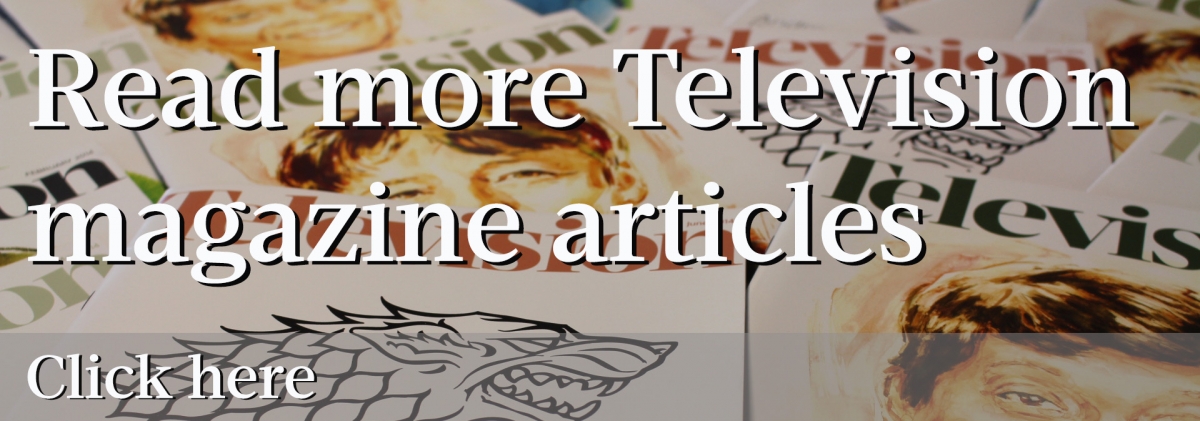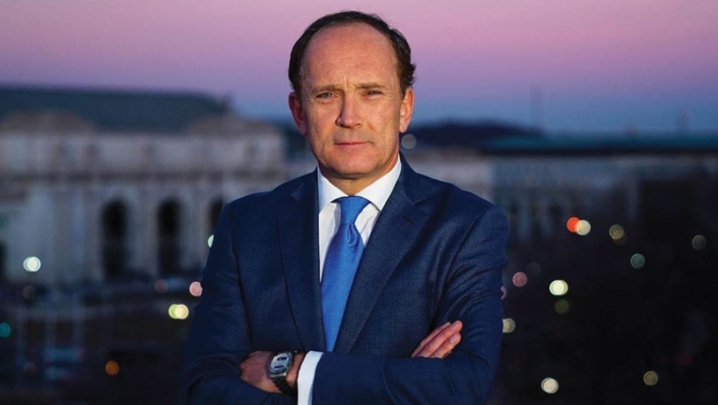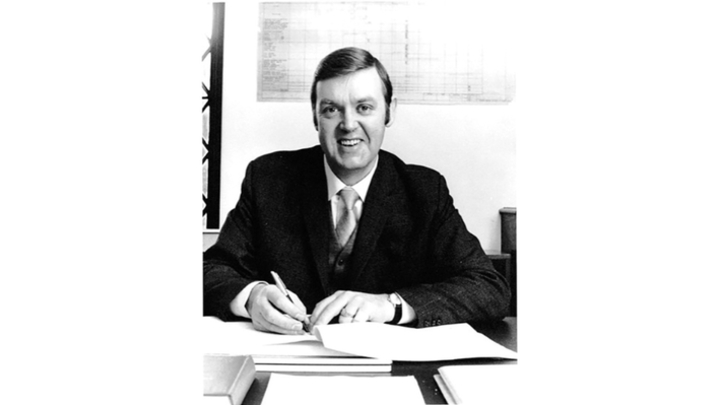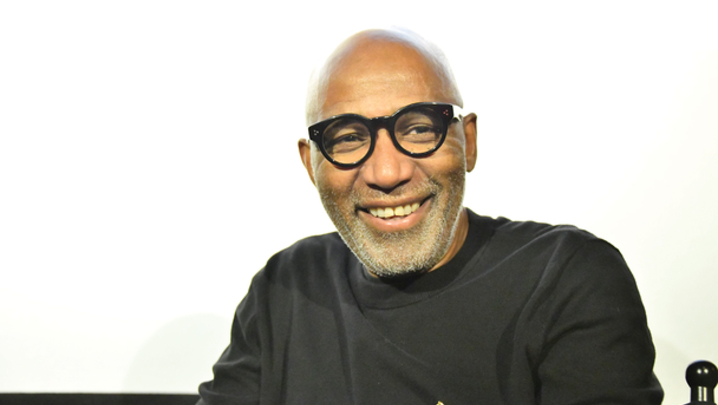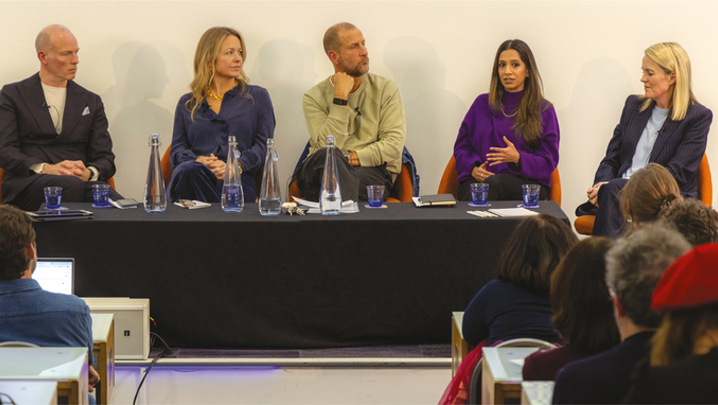Stewart Purvis gets a lucky break while researching a biography of Guy Burgess – and heads north of the border to celebrate the success of the RTS London conference
It is probably known as the one-day conference in London in the year when there isn’t an RTS Cambridge Convention – not the most exciting of billings. Those who found their way both in and out of the Barbican Conference Centre at past events will remember freshly jet-lagged American executives and Jeremy Hunt talking about nothing other than local TV. So it was a brave and welcome decision by RTS CEO Theresa Wise and this year’s conference chair, Rob Woodward, Chief Executive of STV, to make the 2014 event bigger, brighter and busier but still last just one day.
===
Not content with that challenge, they decided that holding it just before the Scottish referendum was an opportunity rather than a problem and threw in a new location, Kings Place, where you can come up for air and enjoy a relaxing canal-side view.
As one of the conference planners, my priority on the day turns out to be nursing my hoarse throat through chairing a half-hour discussion on the future of news followed by a one-and-a-half-hour interview that night at the Frontline Club with Nick Davies about his book on phone-hacking.
Fortunately, the voice just about makes it and the feedback on both events is positive.
===
The BBC WAC is not a relative of the WoCC, but a bungalow with bits on outside Reading. Inside the Written Archive Centre at Caversham is a treasure house of old BBC documents.
I’m researching a biography of Guy Burgess, BBC producer and KGB spy, and find a new lead in the files there.
Next door, at BBC Radio Berkshire I get another lead when, after doing a down-the-line soundbite for Radio 4’s profile of new BBC Trust Chair Rona Fairhead, interviewer Edward Stourton tells me that he used to be in Burgess’s old room at Trinity, Cambridge.
He has edited a book about the college, which may be useful.
In the painstaking world of writing a biography, a double research dividend counts as a very good day.
===
One of the best days in the City University London year is when the new postgraduate students arrive for our broadcast journalism courses. Lots of excitement in the sunshine as they start their nine months with freshly-minted Professor Lis Howell and the rest of us. And, yes, most of these 89 students will get jobs afterwards in the business.
I always spare a thought for those who can’t get here because they don’t have a Bank of Mum and Dad to help pay the fees.
===
Five days after the Scottish Referendum result the Channel 4 Board is in Glasgow for an out-of-London meeting. The Channel 4 mood is upbeat after the Edinburgh TV festival voted it Channel of the Year, and the two main policy points set out by David Abraham in his MacTaggart Lecture are confirmed to be on the Government’s decision-making agenda.
Jay Hunt has more good news. Jeremy Paxman has signed to present next year’s election-night programme. With Jon Snow in the Channel 4 News chair for the campaign coverage, SPaxo and SnowT will make a mighty impact in their own shows.
Before the board meeting, there’s a reception for the Scottish indies and other producers north of the border who are a part of Channel 4’s creative success. It’s also a chance to celebrate on home turf the success of that RTS conference with Rob Woodward and his STV colleague, Alan Clements, who exec produced the sessions.
Stewart Purvis is a Non-executive Director of Channel 4. He is a former Chief Executive of ITN and Partner for Content and Standards at Ofcom.


